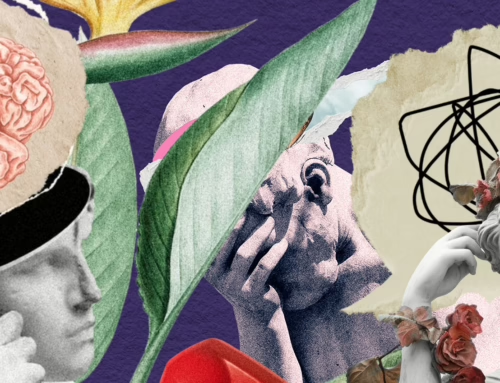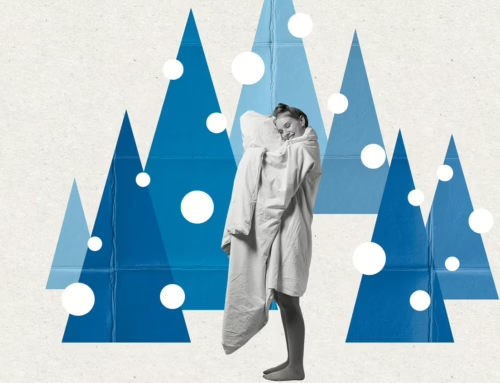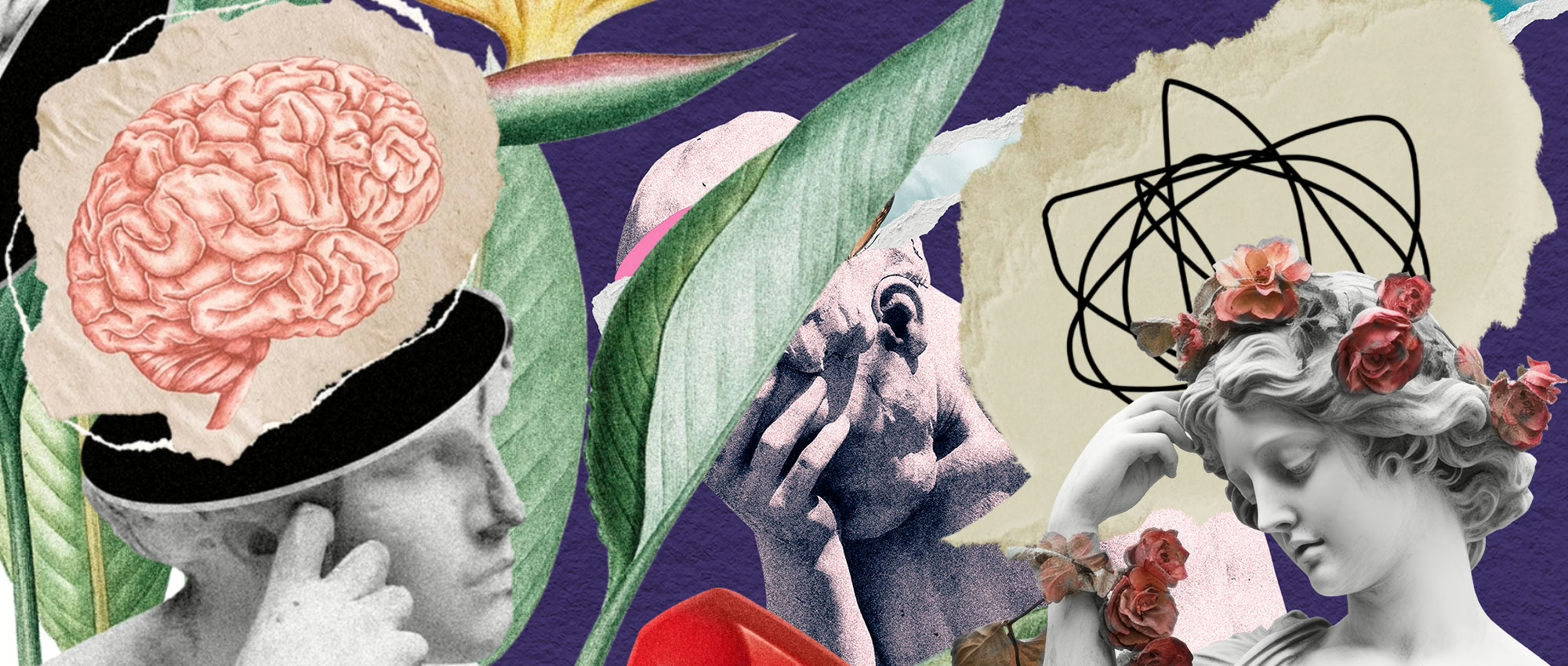3 Different Sources of Grief That Do Not Involve Death
Grief is a response to loss. Often, our society associates the word “grief” with death. However, grief is an emotional response to ANY kind of loss (not just death). I believe understanding the different ways we experience grief is important because we need to allow ourselves time to grieve and heal from loss that happens throughout our life.
Relationship Grief
One of the most common kinds of grief I witness as a therapist is relationship grief. People suffer the loss of romantic relationships, family relationships and platonic relationships. Many people struggle with moving on after a significant relationship has ended. The pain of rejection is felt deeply. It can feel like an emotional roller coaster as it is common for people to replay every conversation and every text message back in their mind to try to figure out what went wrong. Sometimes, to move on, one must accept that they may never know the reason. Toxic relationships are also difficult to move on from as there is often guilt, especially in the case of addictions. Sometimes, boundaries must be set, and it can feel emotionally draining to have to walk away for the sake of your own mental health.
Personal Injury or Illness
Personal injury or illness is another kind of loss I work with a lot in my therapy practice. Injury and illness can involve such a deep loss. This type of loss feels like different level of grief as many people who experience this kind of loss suffer in silence. They often feel alone. To be honest, a lot of people do not understand how it feels to experience a disease like cancer. To have all your hair fall out, to lose a breast or other body part. People with chronic illness, especially invisible illness constantly feel dismissed because even though they may look healthy, they may feel constant fatigue and body aches. Some people even go as far as to make them feel like their illness is all in their head. People who have lost limbs and body parts in an accident must often change up their entire lifestyle, making their home accessible, loosing their ability to drive and their independence. Imagine suffering these kinds of losses and feeling all on your own.
Career Loss
Career loss is a loss that causes a significant amount of grief. In America, we spend much of our time in the workforce, we enter the workforce at age 18 (or begin college or training) and we do not typically retire until age 65 or older. Most of us spend more time in our work environment than we spend with our significant other, family or friends. What we “do for a living” makes up a large part of our identity. If someone is suddenly laid off, fired, or downsized, grief is experienced. People will say that they do not even know who they are without their job and describe feeling lost. Learning a new job or skill can feel scary and overwhelming. There is also financial stress that comes with job loss. People who suffer from this kind of loss will often keep their emotions to themselves as they do not want to worry their family members.
Grief therapy can help people process their loss, identify all the emotions that are being felt and develop healthy coping mechanisms. With grief work, it is important to allow yourself time to heal. I am very passionate about helping people process their grief and loss. If you would like to get started in grief therapy, please reach out. I offer flexible scheduling and in person and telehealth options.
3 Different Sources of Grief That Do Not Involve Death
Grief is a response to loss. Often, our society associates the word “grief” with death. However, grief is an emotional response to ANY kind of loss (not just death). I believe understanding the different ways we experience grief is important because we need to allow ourselves time to grieve and heal from loss that happens throughout our life.
Relationship Grief
One of the most common kinds of grief I witness as a therapist is relationship grief. People suffer the loss of romantic relationships, family relationships and platonic relationships. Many people struggle with moving on after a significant relationship has ended. The pain of rejection is felt deeply. It can feel like an emotional roller coaster as it is common for people to replay every conversation and every text message back in their mind to try to figure out what went wrong. Sometimes, to move on, one must accept that they may never know the reason. Toxic relationships are also difficult to move on from as there is often guilt, especially in the case of addictions. Sometimes, boundaries must be set, and it can feel emotionally draining to have to walk away for the sake of your own mental health.
Personal Injury or Illness
Personal injury or illness is another kind of loss I work with a lot in my therapy practice. Injury and illness can involve such a deep loss. This type of loss feels like different level of grief as many people who experience this kind of loss suffer in silence. They often feel alone. To be honest, a lot of people do not understand how it feels to experience a disease like cancer. To have all your hair fall out, to lose a breast or other body part. People with chronic illness, especially invisible illness constantly feel dismissed because even though they may look healthy, they may feel constant fatigue and body aches. Some people even go as far as to make them feel like their illness is all in their head. People who have lost limbs and body parts in an accident must often change up their entire lifestyle, making their home accessible, loosing their ability to drive and their independence. Imagine suffering these kinds of losses and feeling all on your own.
Career Loss
Career loss is a loss that causes a significant amount of grief. In America, we spend much of our time in the workforce, we enter the workforce at age 18 (or begin college or training) and we do not typically retire until age 65 or older. Most of us spend more time in our work environment than we spend with our significant other, family or friends. What we “do for a living” makes up a large part of our identity. If someone is suddenly laid off, fired, or downsized, grief is experienced. People will say that they do not even know who they are without their job and describe feeling lost. Learning a new job or skill can feel scary and overwhelming. There is also financial stress that comes with job loss. People who suffer from this kind of loss will often keep their emotions to themselves as they do not want to worry their family members.
Grief therapy can help people process their loss, identify all the emotions that are being felt and develop healthy coping mechanisms. With grief work, it is important to allow yourself time to heal. I am very passionate about helping people process their grief and loss. If you would like to get started in grief therapy, please reach out. I offer flexible scheduling and in person and telehealth options.




